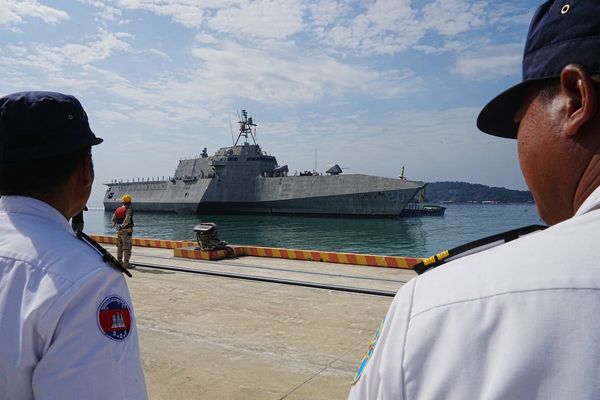
Iran has elected Masoud Pezeshkian as its new president, according to Iranian state news agency Press TV. Pezeshkian emerged victorious in a pivotal election, securing over 16.3 million votes out of 30.5 million cast in the runoff, defeating his hardline rival Saeed Jalili.
The election, held after the tragic death of President Ebrahim Raisi in a helicopter crash, saw a voter turnout of 49.8%, marking a significant moment in Iran's political landscape. Pezeshkian, a reformist candidate, will now lead the country amidst challenges such as international isolation, economic turmoil, and internal discontent.
Who is Masoud Pezeshkian?
Masoud Pezeshkian, a former health minister and trained heart surgeon, gained prominence for his opposition to the crackdown on pro-democracy protests in 2009 and the violence by the morality police in 2022. He has advocated for dialogue with Iran's adversaries, particularly regarding the country's nuclear program.



Having experienced personal tragedy with the loss of his wife and child in a car accident, Pezeshkian turned to politics and ran for president in previous elections. His inclusive approach has garnered support from a diverse range of Iranians, emphasizing unity across different political and religious spectrums.
Notably, Pezeshkian's ethnic background, coming from a mixed Azeri-Kurdish family, has resonated with Iran's minority groups. However, his non-Persian mother tongue has also made him a target for xenophobic attacks from some quarters.
As Iran's new president, Pezeshkian faces the challenge of steering the country through a period of uncertainty and upheaval, with the ultimate authority still resting with the Supreme Leader. His commitment to addressing domestic issues through dialogue and reconciliation will be closely watched both domestically and internationally.







